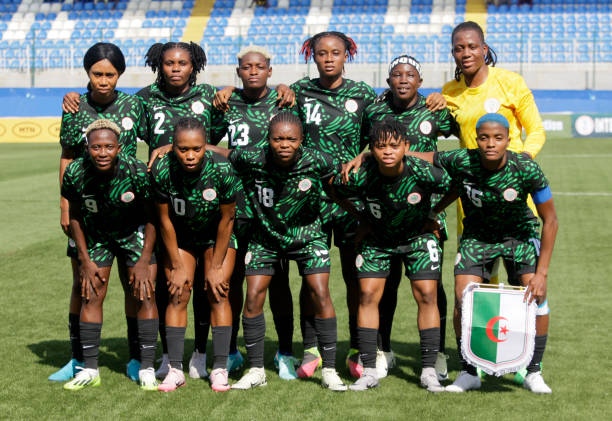In a smoky corner of a worn-down café in the heart of the city, the name Malik Mahmud still draws whispers—half respect, half fear. Today, he sits at the top of the political food chain, commanding loyalty, money, and influence. But his rise was not born of luck. It was a careful climb, paved with broken promises, silent mentors, and more than one betrayal.
A Rough Beginning
Malik wasn’t always a man in tailored suits and bulletproof cars. He grew up in the crumbling streets of North Borough, raised by a mother who worked double shifts and a father who vanished before his first birthday. Life didn’t offer him much, except a talent for speaking and a sharp mind.
At 17, he was already settling neighbourhood disputes. Locals came to him, not the police. “He had that stare,” says Ruben, an old friend. “You’d feel like he already knew the answer to the question he hadn’t asked yet.”
It wasn’t long before the local political organisers noticed. They needed someone with street cred, someone who could talk to the people in ways they couldn’t. Malik became that bridge.
The Mentors Who Lit the Fire
One of his earliest mentors was Councillor Anita DeVries, a woman known for her fierce activism and sharper tongue. She spotted Malik at a youth rally, challenging a local MP. “He had fire,” she once said in an interview. “And fire like that, if trained, can burn paths through walls.”
Under her guidance, Malik learnt the ropes—how deals were made in whispers, how power often came not from winning arguments, but from knowing when to stay quiet. He soaked it all in.
But Anita wasn’t the only guide. Behind closed doors, there was also Marcus Weller—a long-retired fixer with connections across parties. Marcus taught him something Anita didn’t: the art of debt. “Make people owe you,” he told Malik. “Then, one day, you collect.”
Betrayals and the Blood Price of Power
For all the mentors, there were just as many betrayals. In 2015, Malik lost a key campaign—stabbed in the back by a former ally who leaked sensitive files. Many thought he was finished. But instead of retreating, Malik vanished for six months.
He came back stronger, quieter, and colder.
“He learned from every knife in his back,” says political analyst Fiona Reade. “The betrayal hardened him. He stopped trusting old friendships and started building his own network.”
That network would grow into “The Circle”—a tight group of loyalists who operated outside normal political structures. Rumours swirled of secret meetings, loyalty tests, and sudden disappearances of rivals. Nothing proven. Everything whispered.
The Crown, at Last
When the leadership race of 2022 began, few believed Malik had a real shot. But behind closed doors, he had already made the deals that mattered. One by one, competitors dropped out or backed him. When he finally stood at the podium, leader of his party and soon to be prime minister, even his enemies applauded.
Malik didn’t smile. He never does.
A Kingpin, Not a Politician
To some, Malik Reyes is a visionary—bringing order to chaos, strength to a broken system. To others, he is a political kingpin, ruling through fear, loyalty, and secrets.
But one thing is clear: he didn’t just rise to power—he built a ladder no one else could climb.
And he never forgets who helped him—and who tried to stop him.
Names and some events have been altered for privacy and legal purposes.




